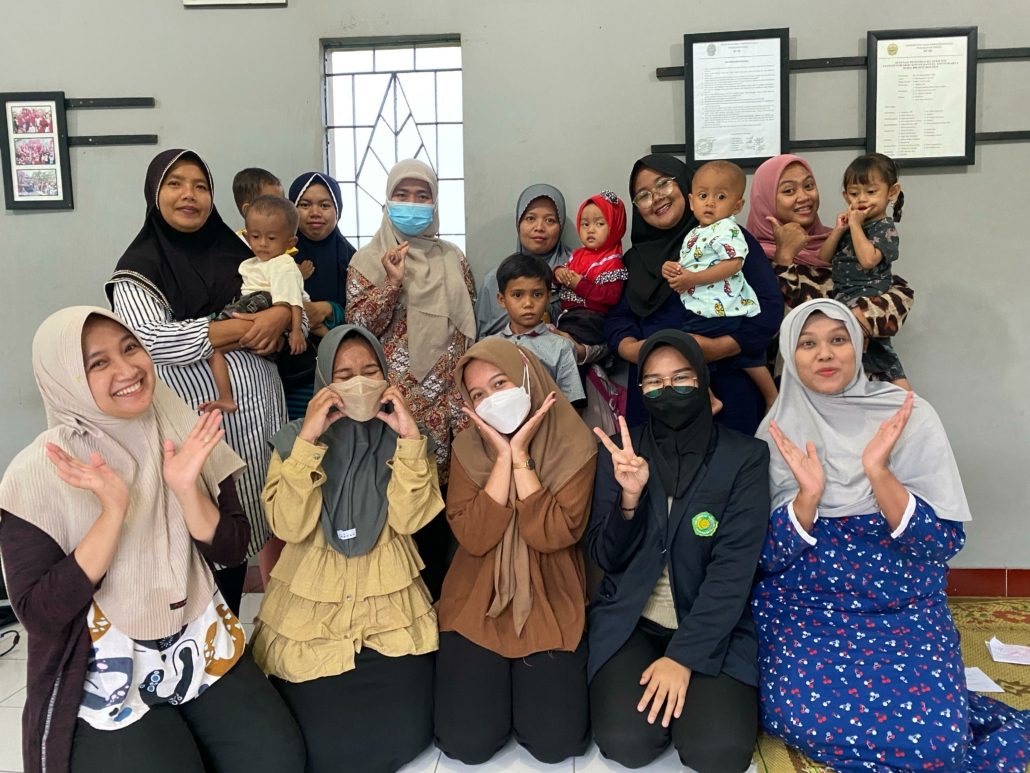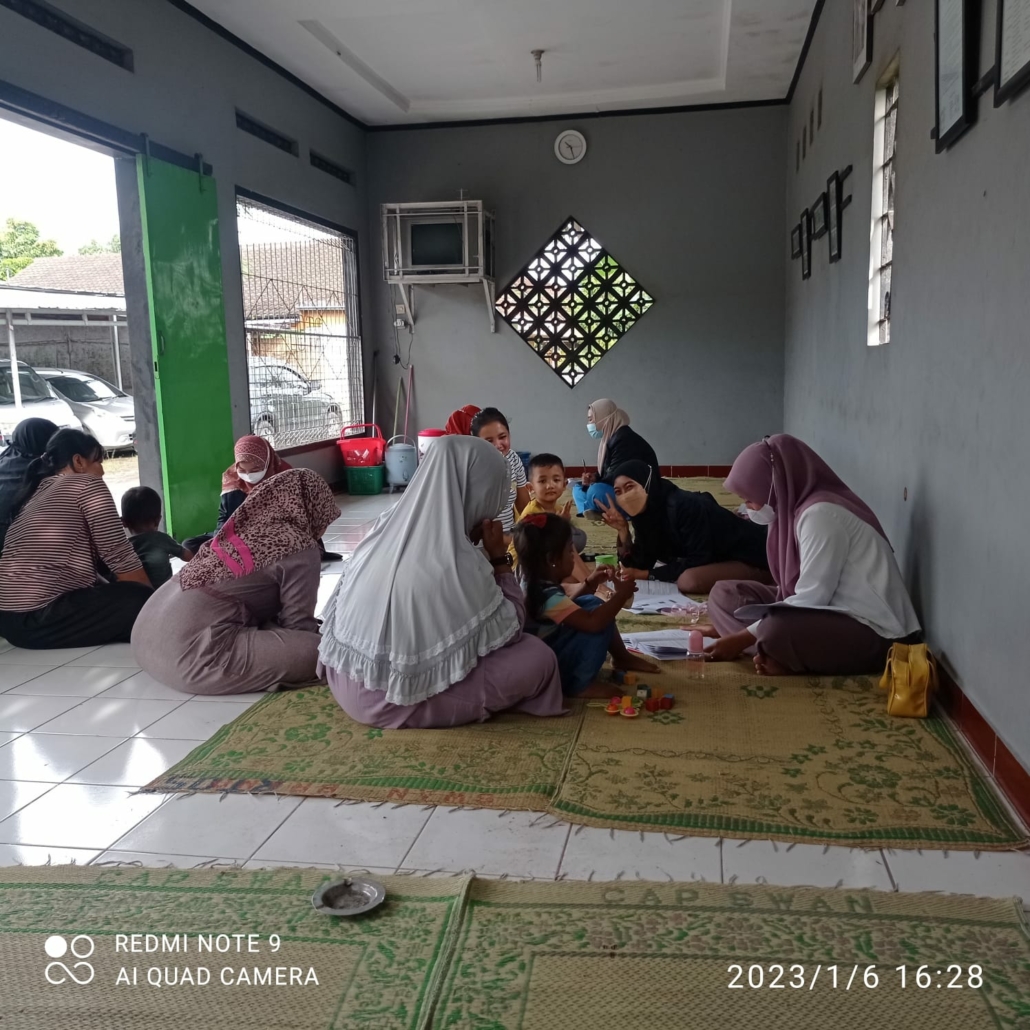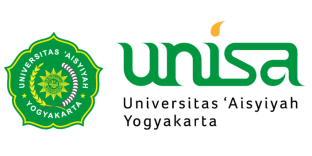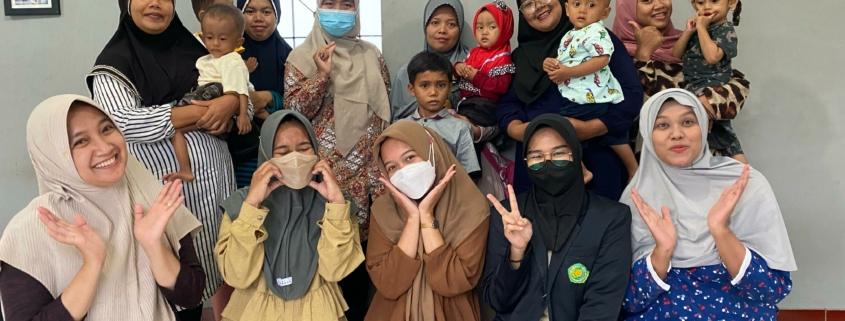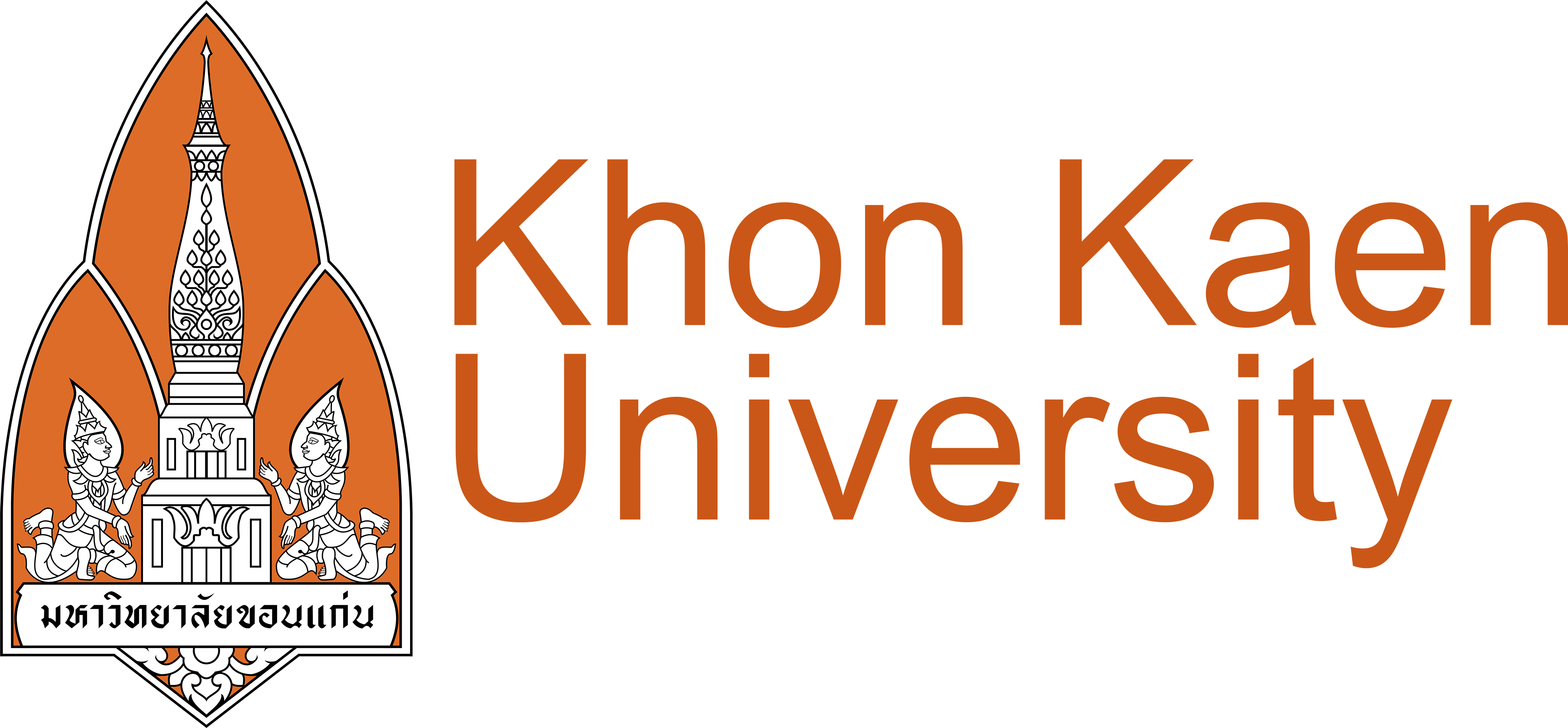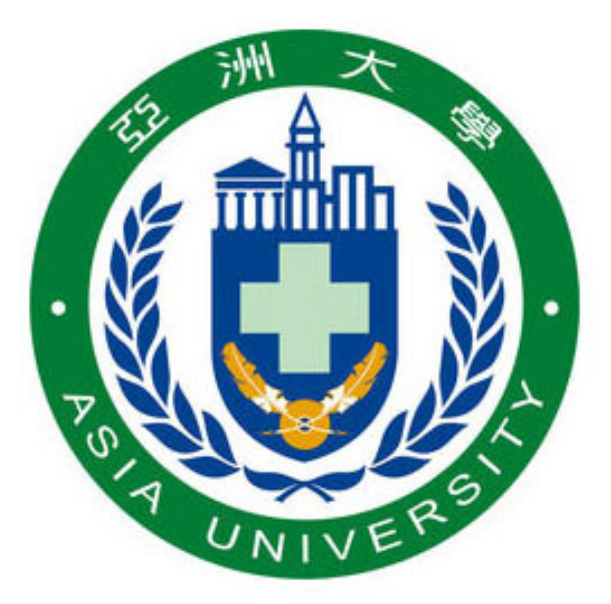Comprehensive Family Assistance for Undernourished Children
Undernutrition is a condition where the toddler’s body does not get enough nutrients. Toddlers who are malnourished can experience the following symptoms: stunted growth (weight or height below the age standard of children of the same age), appear easily tired and less active, experience recurrent infections such as urinary tract infections, acute respiratory infections etc., dry skin, brittle, thin reddish hair like corn hair and some toddlers experience edema / swelling of the ankles.
Complications that can occur in children with malnutrition include Growth disorders (stunted children, very thin children, or a combination of both short and very thin) this causes a decrease in child performance, toddlers with malnutrition also have the potential to have an intelligence level 11 points lower than children with normal nutrition, increased risk of diabetes / diabetes and risk of heart disease. In serious cases, undernutrition increases the risk of death, especially in infants. The study of malnutrition in toddlers is caused by several factors including: low family income that affects the ability to buy nutritious food, children suffering from certain diseases such as children with primary tuberculosis complex (PKTB) the condition of the disease / infection affects the child’s appetite, eating disorders or stress in children, lack of family knowledge about the correct feeding process in toddlers.
Family knowledge, especially parents in feeding practices, greatly affects the child’s eating process. The results of previous studies reported that feeding practices in toddlers affect nutritional status. Children’s environmental factors, especially family habits that live in the same house, affect eating patterns, for example in vegetarian families, increasing the tendency of children not wanting / refusing to eat meat. Providing distractions such as watching TV, gadged or cell phones will also be patterned from adults who live with toddlers.
Malnutrition and undernutrition in Bantul Regency, especially in the Sewon II Health Center working area, is still a complex problem. In 2021, there were 81 cases of malnourished toddlers (undernourished and malnourished). So far, the government through the Puskesmas in collaboration with the Posyandu has provided assistance to families who have toddlers with malnutrition or malnutrition, but due to limited human resources (HR), assistance has not been carried out comprehensively.
Assistance has been provided in the form of providing additional food (PMT) and posyandu monitoring the development and growth of toddlers in particular. However, the problem encountered is that some toddlers who are malnourished are reluctant to report health developments routinely to the Puskesmas, and are reluctant to come to the Posyandu because they feel uncomfortable when the toddler is said to be malnourished. Based on this, the Community Service Team from the University of `Aisyiyah Yogyakarta, in this case chaired by Rosmita Nuzuliana, M.Keb and Ellyda Rizki Wijhati, M.Keb took the initiative to conduct a community service program to provide comprehensive assistance to families with malnourished toddlers.
The mentoring program is carried out for approximately 6 months starting with initial coordination with the puskesmas in this case midwives and nutritionists to determine data on toddlers with malnutrition problems, coordination with local posyandu cadres, inform consent and introductions to targets / families who have underweight & malnourished toddlers. To establish good relations and familiarity, pengabdi facilitates whatsapp groups for mothers who are the target of service, in this group routine sharing of feeding problems in children and some tips on proper feeding practices. The next activities are material exposure from a team of nutritionists, baby and child massage training, consultation on cooking children’s meal menus and challege to make egg-based meal menus, exposure to child feeding practice material, sharing mother’s colleagues when children do not want to eat and stuck weight.
The results of the assistance for approximately 6 months, the target mothers felt a positive impact such as: mothers are more confident in coming to the posyandu and do not feel threatened or afraid of being bullied, mothers are more aware of their children’s feeding needs, know the correct feeding practices, some mothers even realize the importance of bringing their children to the Puskesmas when the child’s weight does not increase for 3 months and it is known that the child has PKTB, some mothers can make new high-calorie meal menu creations. The final result of the service was an increase in knowledge about feeding practices, increased maternal confidence and increased child weight.
